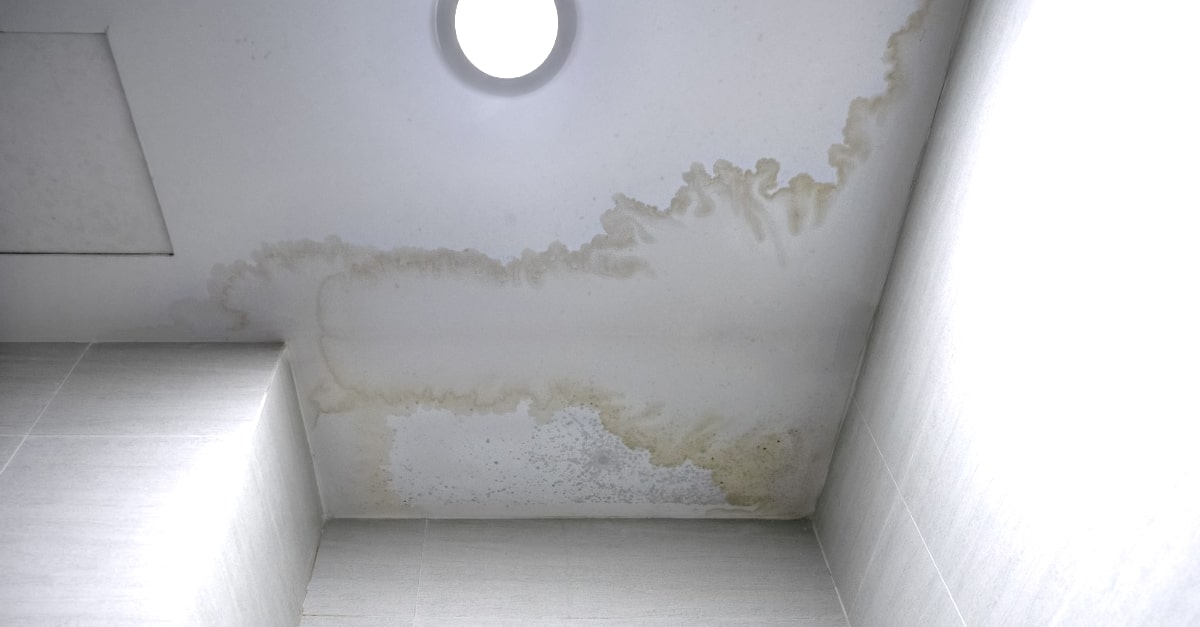The House's Common Typical Leak Factors: Examination
The House's Common Typical Leak Factors: Examination
Blog Article
We have encountered this post pertaining to Top Causes of Home Water Leaks below on the net and concluded it made perfect sense to discuss it with you on this page.

Leaks not only create waste of water yet can likewise cause unneeded damages to your residence and advertise undesirable organic growth. However, water leaks might go undetected considering that a lot of the pipework in our house is hidden. By recognizing and also looking for everyday situations that cause leakages, you can secure your home from future leaks and unneeded damages. Today, we will check out 6 leak triggers that may be causing your pipelines to drip.
Intruding origins
The majority of water leakages begin outside the residence rather than inside it. You may notice damp patches or sinkholes in your backyard, as well as that may indicate that tree roots are getting into water lines creating water to leak out.
Rusty water supply
As time passes by, your plumbing system ages and rust such as rust may start gnawing the pipelines. This may be the cause of staining or bending on your pipes. This calls for an assessment with your plumber immediately. If our plumbing system is old, consider changing the pipelines because they are at a higher risk of corrosion than the more recent versions.
Defective Pipe Joints
Pipe joints can wear away over time, resulting in water leaks. If you have loud pipes that make ticking or banging sounds, especially when the hot water is turned on, your pipe joints are probably under a great deal of pressure.
Instant temperature level changes.
Severe temperature level adjustments in our pipelines can trigger them to broaden and also get suddenly. This development as well as tightening might create cracks in the pipes, especially if the temperature are below freezing. If you kept an eye on just how your plumbing works, it would certainly be best. The presence of the formerly pointed out scenarios regularly indicates a high danger.
Poor Water Connectors
Sometimes, a leakage can be caused by loose pipes and pipes that supply your appliances. More often than not, moving is what causes the loose water Connections. You might discover when it comes to a cleaning device, a tube may spring a leak due to shaking during the spin cycle. In case of a water connections leakage, you may see water running directly from the supply line or pools around your devices.
Clogged Drains
Blocked drains could be aggravating as well as inconveniencing, yet they can often wind up creating an overflow leading to burst pipelines. Keep removing any type of products that may go down your drains pipes that could obstruct them to avoid such hassles.
All the above are sources of leaks however not all water leakages arise from plumbing leaks; some leakages might originate from roofing system leaks. All leakages should be repaired quickly to stay clear of water damages.
Leakages not just create waste of water yet can also create unnecessary damages to your house and also advertise undesirable organic growth. By looking as well as understanding for daily circumstances that cause leakages, you can secure your residence from future leaks as well as unnecessary damage. Today, we will look at six leakage creates that may be creating your pipelines to drip.
At times, a leakage can be triggered by loosened hose pipes as well as pipelines that supply your devices. In situation of a water connections leak, you might discover water running straight from the supply line or puddles around your appliances.
How To Check For Water Leak In Your Home
How To Check for Leaks
The average household's leaks can account for nearly 10,000 gallons of water wasted every year and ten percent of homes have leaks that waste 90 gallons or more per day. Common types of leaks found in the home are worn toilet flappers, dripping faucets, and other leaking valves. These types of leaks are often easy to fix, requiring only a few tools and hardware that can pay for themselves in water savings. Fixing easily corrected household water leaks can save homeowners about 10 percent on their water bills.
To check for leaks in your home, you first need to determine whether you're wasting water and then identify the source of the leak. Here are some tips for finding leaks:
Take a look at your water usage during a colder month, such as January or February. If a family of four exceeds 12,000 gallons per month, there are serious leaks.
Check your water meter before and after a two-hour period when no water is being used. If the meter changes at all, you probably have a leak.
Identify toilet leaks by placing a drop of food coloring in the toilet tank. If any color shows up in the bowl after 10 minutes, you have a leak. (Be sure to flush immediately after the experiment to avoid staining the tank.)
Examine faucet gaskets and pipe fittings for any water on the outside of the pipe to check for surface leaks.
Undetected water leaks can happen without the home or business owner even realizing. If you suspect a water leak, but not able to find the source. It is time to contact a professional water leak detection service, The Leak Doctor.
How To Find a Water Leak In Your Home
https://www.leakdoctor.com/blog/How-To-Check-For-Water-Leak-In-Your-Home_AE197.html

Hopefully you liked our piece on How Fast Water Damage Can Ruin Your Home. Many thanks for taking the time to read our post. Sharing is nice. Helping others is fun. Many thanks for your time invested reading it.
Best in emergency plumbing services. Report this page